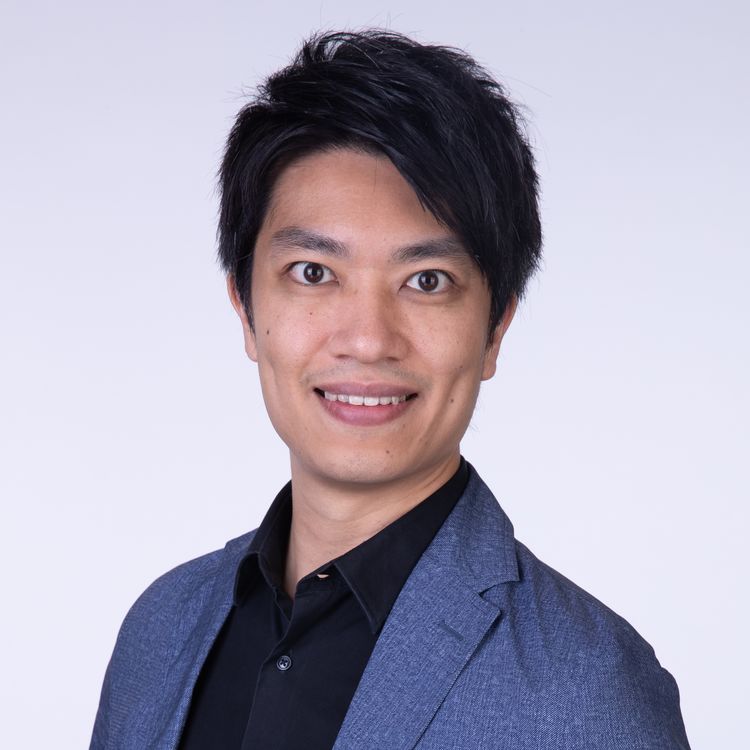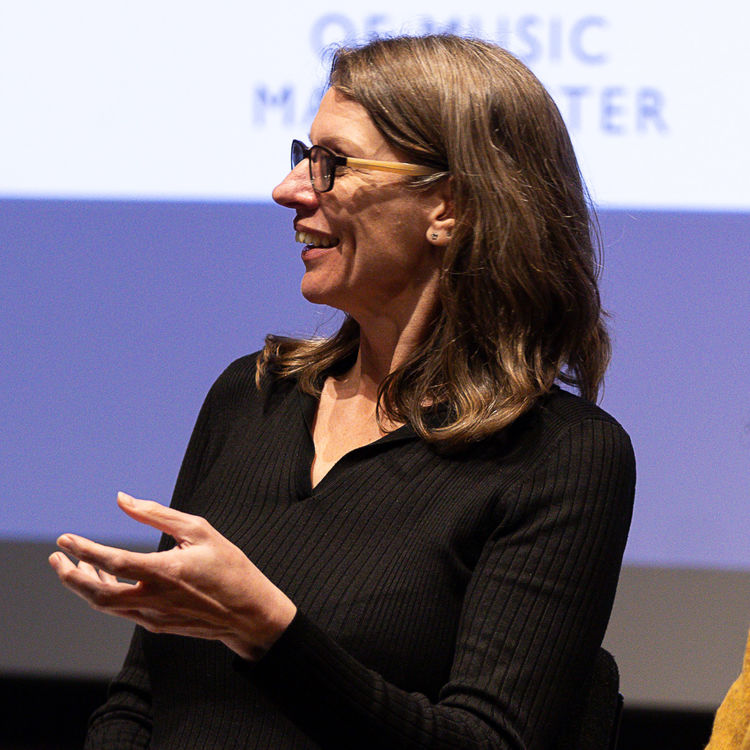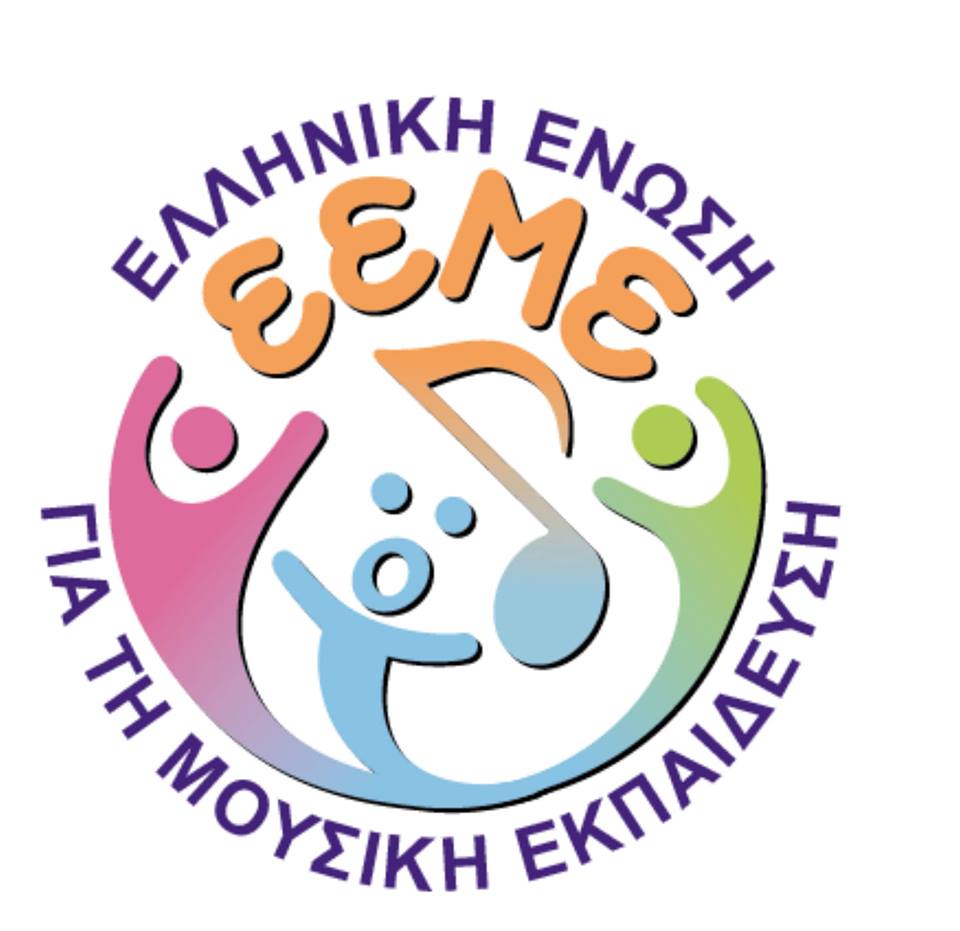The Sound of Tomorrow: How AI is Reshaping Music Education
Artificial Intelligence (AI) has revolutionized countless fields, and music education stands at the forefront of this transformation. This keynote explores the profound impact of AI on music education through three pivotal phases: the past, rooted in traditional methods; the present, where AI is reshaping curricula and teaching practices; and the future, brimming with possibilities for innovation and accessibility. As a composer-educator, the speaker has long been fascinated by the interplay between music and education. What does it mean to teach music in an era where technology is redefining creativity? In the classical tradition, music was solely the product of human ingenuity, realized through physical instruments. The 20th century introduced electronic music, expanding the sonic palette and democratizing music creation. In the 21st century, AI is pushing boundaries even further, enabling entirely new forms of music generation and human-AI collaboration. The post-COVID era has accelerated this shift, highlighting the need for accessible, technology-driven music education that empowers learners of all backgrounds. Nevertheless, what is the ultimate goal of music education in the age of AI? As educators, we must reimagine our curricula to reflect the evolving landscape of music creation and performance. AI offers unparalleled opportunities to diversify teaching methods, personalize learning experiences, and integrate interdisciplinary approaches. Machine learning algorithms, for instance, can analyze student performance in real-time, providing tailored feedback that enhances traditional pedagogical methods. These advancements promise to make music education more inclusive, innovative, and responsive to the needs of future generations. This keynote will delve into the challenges and opportunities of integrating AI into music education, offering insights into how we can harness technology to inspire creativity, foster accessibility, and redefine what it means to teach and learn music in the digital age.
 Dr. Chi-hin Leung is a distinguished composer, educator, and inventor recognized with numerous accolades, including the Gold Medal and Top 20 Best Invention Award from the International Invention Innovation Competition in Canada, the Gold Award from Hong Kong Techathon+ 2024, the Silver Award (Asia) from QS Reimagine Education ("Oscars" of Education), and the President's Award for Outstanding Performance in Knowledge Transfer and Teaching. He is the President of the Hong Kong Association for Music Educators (HAME), Vice Chairman of the Hong Kong Composers' Guild (HKCG), a Board Member of the International Society for Music Education (ISME), and an Apple Distinguished Educator (ADE).
Dr. Chi-hin Leung is a distinguished composer, educator, and inventor recognized with numerous accolades, including the Gold Medal and Top 20 Best Invention Award from the International Invention Innovation Competition in Canada, the Gold Award from Hong Kong Techathon+ 2024, the Silver Award (Asia) from QS Reimagine Education ("Oscars" of Education), and the President's Award for Outstanding Performance in Knowledge Transfer and Teaching. He is the President of the Hong Kong Association for Music Educators (HAME), Vice Chairman of the Hong Kong Composers' Guild (HKCG), a Board Member of the International Society for Music Education (ISME), and an Apple Distinguished Educator (ADE).
From Ear to Body: Μέθοδος Ακουστικής Επανεκκίνησης
Ο δομημένος χορικός λόγος - πολυφωνικός και πολυρρυθμικός - ως εργαλείο μουσικής δημιουργίας, εκπαίδευσης και κοινοτικής δράσης
Η μέθοδος ακουστικής επανεκκίνησης "From Ear to Body" αποτελείται από ένα πλήρες σετ εργαλείων και τεχνικών που στοχεύουν στην επανεκκίνηση της ακουστικής και ρυθμικής αντίληψης μουσικών, ηθοποιών, χορευτών, εκπαιδευτικών, μαθητών όλων των βαθμίδων, και, εν γένει, επαγγελματιών που διαχειρίζονται ομάδες. Η μέθοδος αποσκοπεί, επιπλέον, στο να συστήσει νέους τρόπους δημιουργικής ενσωμάτωσης του ήχου και του ρυθμού σε διαθεματικές εκπαιδευτικές, κοινωνικές ή/και καλλιτεχνικές δράσεις. Οι ασκήσεις της μεθόδου δεν περνούν μόνο μέσα από τις γνωστές μουσικές σημειογραφίες, αλλά στηρίζονται στη σύνδεση της ακοής με το σώμα, στην κυριολεκτική ενσωμάτωση του ήχου, έτσι ώστε να μπορεί να αποκωδικοποιηθεί φυσικά και ουσιαστικά, μέσω της αυστηρά δομημένης χρήσης της φωνής, των ασύμμετρων ρυθμών (πολυφωνία και πολυρυθμία), αλλά και μέσω της σωματικής κρούσης, καθώς και της κρουστικής χορογραφίας (percussive choreography). Στη βάση όλων των παραπάνω βρίσκεται ο χορικός ήχος και λόγος –η επίτευξη της απολύτως κουρδισμένης (συχνοτικά και ρυθμικά) εκφοράς κειμένου από μικρή ή μεγάλη ομάδα ανθρώπων. Η εισήγηση θα έχει διαδραστικό χαρακτήρα έτσι ώστε μέσω της βιωματικής εμπειρίας να γίνει καλύτερα κατανοητή η λειτουργία της μεθόδου.

Η Δήμητρα Τρυπάνη σπούδασε σύνθεση στο Πανεπιστήμιο του Εδιμβούργου (MMus και PhD με διάκριση) με τον Nigel Osborne, και ελληνική φιλολογία στη Φιλοσοφική Σχολή του Α.Π.Θ. Ως συνθέτρια ασχολείται με τη δημιουργία έργων σύγχρονου μουσικού θεάτρου, με στόχο την κατάργηση των «ραφών» μεταξύ μουσικής και λόγου, με βασικό εργαλείο την «χορική» πολυφωνία και πολυρυθμία. Από το 2017 είναι σταθερή εξωτερική συνεργάτης της Εθνικής Λυρικής Σκηνής, ως υπεύθυνη εκπαιδευτικών εργαστηρίων, αλλά και ως συνθέτρια. Για επτά χρόνια υπήρξε Composer in Residence του Φεστιβάλ Παξών. Έχει διδάξει σύνθεση, ear training και τεχνικές διαθεματικής παράστασης σε πολλά πανεπιστήμια στην Ελλάδα και τη Βρετανία, και έχει πραγματοποιήσει δεκάδες εργαστήρια πάνω στη μέθοδό της “From Ear to Body” (μέθοδος ακουστικής επανεκκίνησης). Φέτος ξεκινά η συνεργασία της με το Εθνικό Θέατρο, με έναν ετήσιο εργαστηριακό κύκλο πάνω στη μέθοδό της. Είναι καθηγήτρια θεωρητικών και σύνθεσης με διαθεματικές πρακτικές στο Τμήμα Μουσικών Σπουδών του Ιονίου Πανεπιστημίου.
Enacting change through inclusive pedagogy
Just like every child, young person and adult we teach, every teacher, educator, facilitator, music leader, coach etc. brings with them a variety of musical experiences. These musical experiences are all valid music making activities, yet notions of musical excellence distort perceptions of musical ability. Curricula and educational structures perpetuate these distortions, and there is a danger that they disempower teachers and practitioners who wish to work inclusively rather than provide a positive framework for teachers to work within. Drawing on a rich experience of teaching and facilitating music in many educational and community settings, coupled with over 20 years of researching the relationship between pedagogy and inclusion, Professor Jennie Henley explores inclusive pedagogy and how educators can enact change through the way that they work. Exploring her own story of growth, Henley takes three principles of inclusive pedagogical practice, analyses them using Cultural Historical Activity Theory (CHAT), and demonstrates how reconceptualising the notions of quality, difference, expertise, growth, talent and vulnerability is fundamental to inclusive pedagogy. Ultimately, by embracing an inclusive pedagogical approach, we can move away from deficit approaches to teaching and understand how we, as educators, are the agents of change.
 Professor Jennie Henley is Director of Programmes and Professor in Music Education at the Royal Northern College of Music, UK. As Executive Director responsible for all undergraduate and postgraduate taught degrees, as well as junior music programmes, she provides strategic leadership for learning and teaching, including access and participation. Jennie has taught and led music in various contexts for over 25 years. She has worked with children, young people and adults and has a rich tapestry of practice crossing music education and community music. Working in a variety of complex and challenging environments, the central focus of her research is the relationship between pedagogy and inclusion.
Professor Jennie Henley is Director of Programmes and Professor in Music Education at the Royal Northern College of Music, UK. As Executive Director responsible for all undergraduate and postgraduate taught degrees, as well as junior music programmes, she provides strategic leadership for learning and teaching, including access and participation. Jennie has taught and led music in various contexts for over 25 years. She has worked with children, young people and adults and has a rich tapestry of practice crossing music education and community music. Working in a variety of complex and challenging environments, the central focus of her research is the relationship between pedagogy and inclusion.
Εγγραφές/υποβολές προτάσεων: https://apps.eeme.gr/ - Πληροφορίες: Αυτή η διεύθυνση ηλεκτρονικού ταχυδρομείου προστατεύεται από τους αυτοματισμούς αποστολέων ανεπιθύμητων μηνυμάτων. Χρειάζεται να ενεργοποιήσετε τη JavaScript για να μπορέσετε να τη δείτε.


 10ο Συνέδριο Ε.Ε.Μ.Ε.
10ο Συνέδριο Ε.Ε.Μ.Ε.

 Please wait...
Please wait...